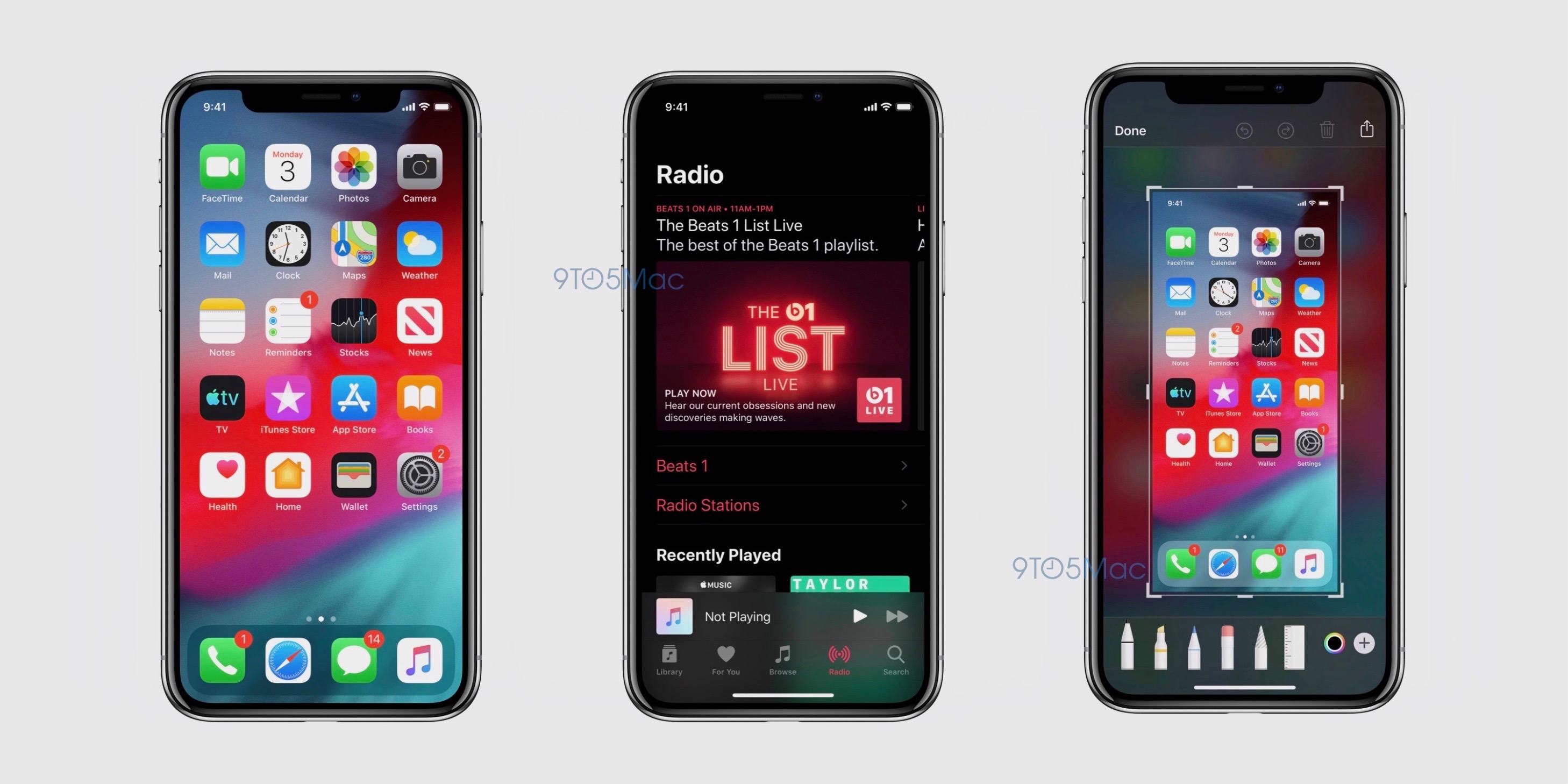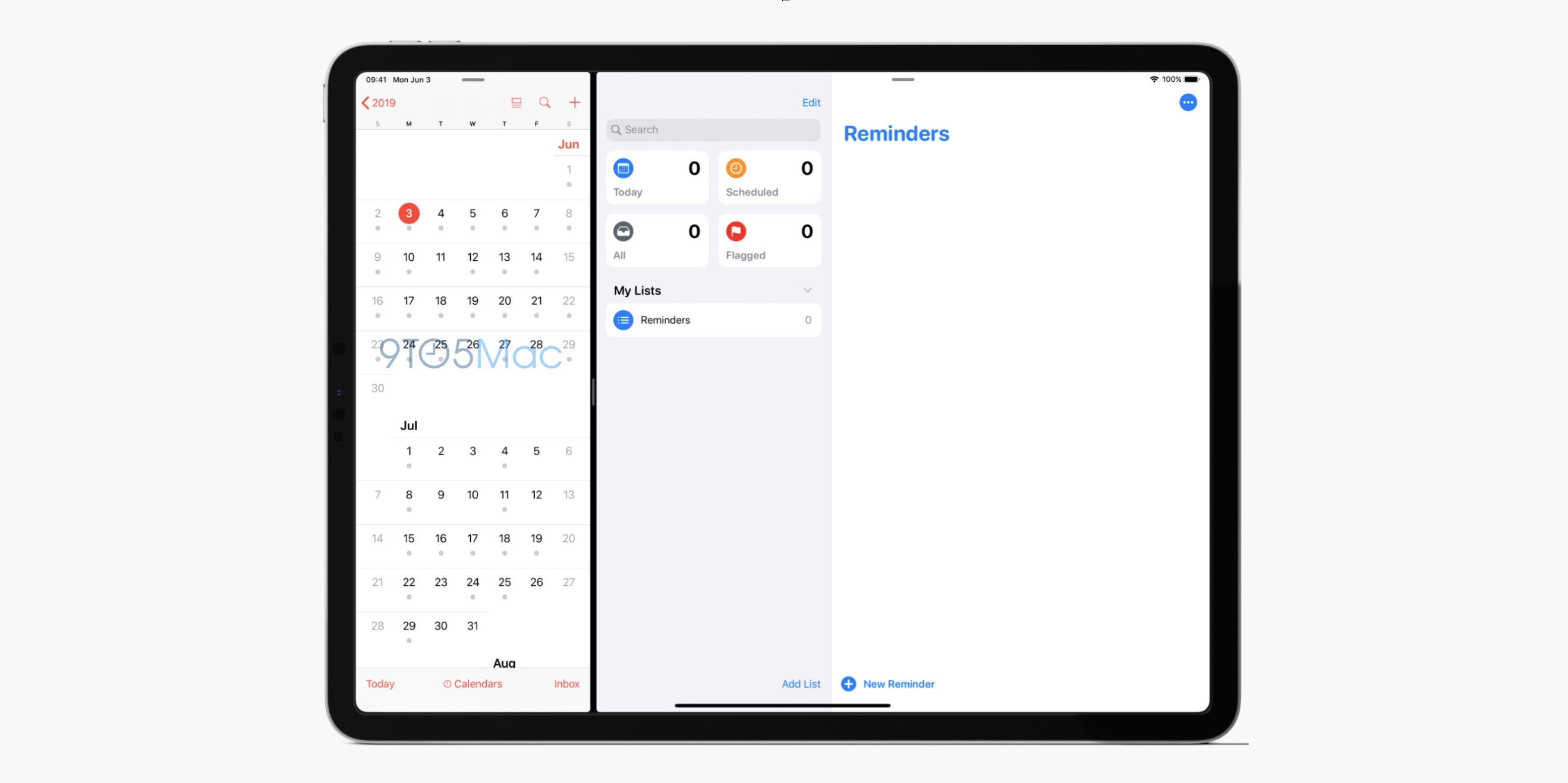It’s been a busy couple of months for Bytedance, one of the world’s most valuable startups and the operator of globally popular video app TikTok. The Beijing-based company has continued to grow its list of apps to include the likes of work collaboration tool Lark, an instant messenger called Feiliao as well as a music streaming app, and now it appears to be taking a bold step into the hardware realm.
Bytedance is planning to develop its own smartphone, the Financial Times reported (paywalled) citing two sources. A spokesperson from Bytedance declined to comment on the matter, but the rumor is hardly a surprise as smartphone pre-installs have long been a popular way for Chinese internet companies to ramp up user sizes.
There’s also urgency from Bytedance to carve out more user acquisition channels. After a few years of frantic growth, Bytedance failed to hit its revenue target for the first time last year amid slowing ad spending in China, according to a report by Bloomberg.
Some of Bytedance’s predecessors include selfie app maker Meitu, which builds smartphones pre-loaded with its suite of photo editors and recently sold this segment to Xiaomi as the latter tries to capture more female users and newcomers, including Snow-owned camera app B612 and Bytedance’s Faceu, close on Meitu’s heels.
Others have taken a less asset-heavy approach in the early days of the Chinese internet. Baidu, Alibaba and Tencent — known collectively as the BAT for their supremacy in China’s tech world — all worked on their own custom Android ROMs, which come with extra features compared to a stock ROM pre-installed by a phone manufacturer.
Alibaba’s ambition also manifested in a $590 million investment in Meizu in 2016 that saw the eommerce giant take up the challenge to develop a tailored operating system for the handset maker. More recently in March, WeChat owner Tencent teamed up with gaming smartphone maker Razor on a number of initiatives that cover hardware.
There were early clues to Bytedance’s smartphone endeavor. The company confirmed in January that it has acquired certain patents and some employees from phone maker Smartisan, although it said at the time the deal was done to “explore the education business.” That was a curious statement as Smartisan’s business has little to do with education. At the very least, the tie-up confers hardware development capability on the mobile internet upstart.
Indeed, a source told the Financial Times that Bytedance founder Zhang Yiming “has long dreamt of a phone with Bytedance apps pre-installed.” Nonetheless, this is tipped to be an uphill battle, at least in China where smartphone sales are cooling and competition intensifies between entrenched players like Huawei, Vivo, Oppo, Xiaomi and Apple.
Bytedance has built a leg up away from home, thanks to its empire of mobile apps. The company is one of the few — and many would argue the first — Chinese internet startups that manage to gain a meaningful foothold globally. TikTok has consistently topped the worldwide app ranking in the last handful of months, though it’s also encountered a few stumbling blocks in some of its larger markets.
In the United States, the Federal Trade Commission imposed a fined on TikTok for violating children’s privacy protection law. The government of India, which has driven much of TikTok’s recent growth, also took issue with the app to temporarily ban it on account of illegal content.
While the US market may be difficult to penetrate given Washington’s concerns around the security threat that Chinese companies may present, India is now crowded with Chinese brands. A research done by Counterpoint found that in the first quarter, Chinese manufacturers led by Xiaomi controlled a whopping 66 percent of India’s smartphone market. That means Bytedance, alongside its potential ally Smartisan, is not only up against local rivals in India but also the familiar faces from its home market.

from Apple – TechCrunch https://tcrn.ch/2WjgKaT






